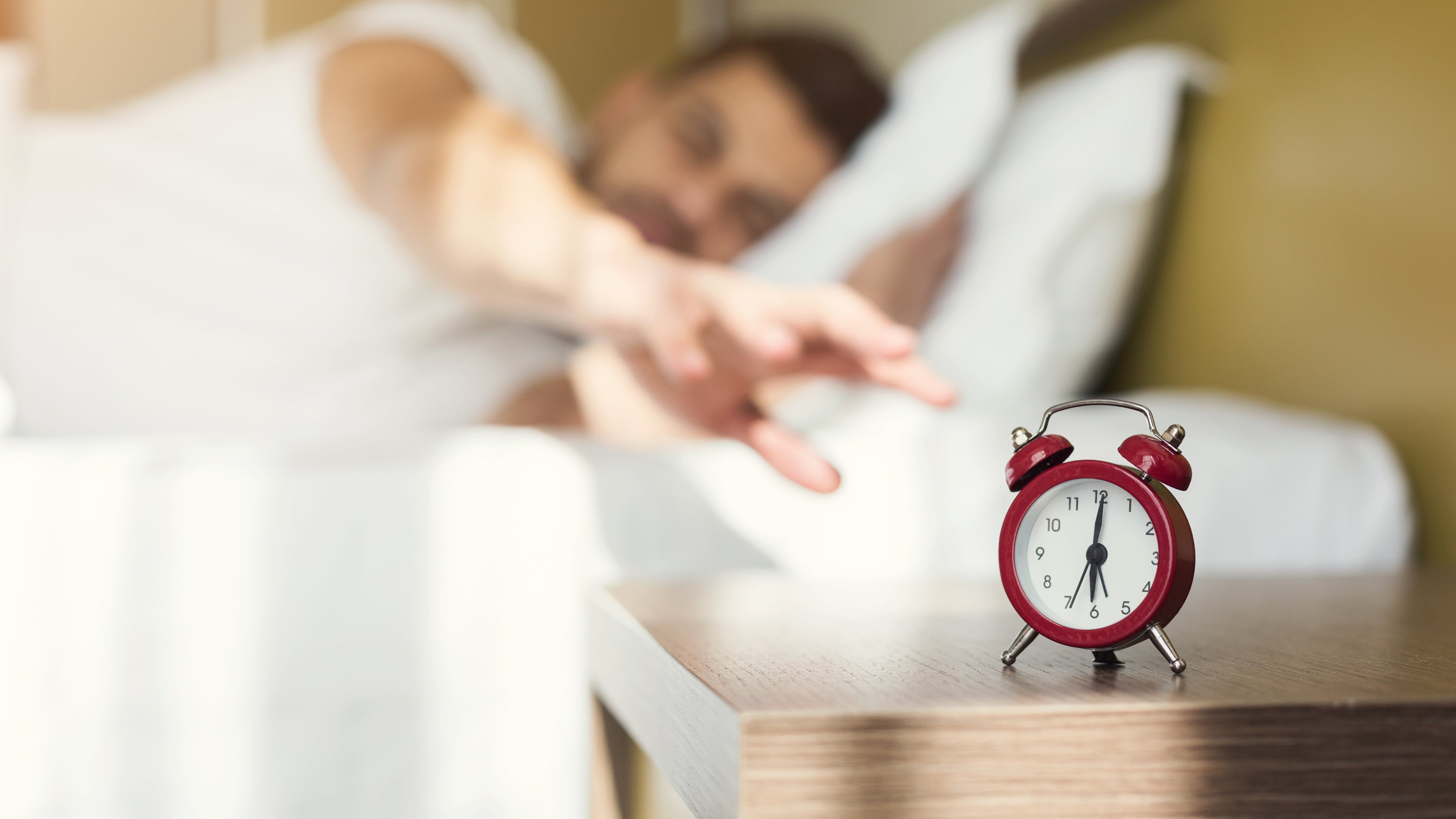You've always been as regular as clockwork. You wake up almost on the dot every morning, often before your alarm goes off. You are also hungry every day at the office at 11:30 a.m. sharp, and gently feel the tiredness fall on you at 6:30 p.m. on your way home from work. Until then, you thought it was your busy schedule that caused you to behave this way. However, even on weekends and holidays, you follow this rhythm religiously and in a totally unconscious way. You are intrigued by this and your research has put you on the trail of the biological clock. Read on to discover the three most important facts about your own internal clock!
Fact #1: The biological clock does exist in your brain!
Before addressing what you need to know about your biological clock, we need to define what it is. And it’s not just a term: it truly exists physically! The INSERM defines our internal/biological clock as a true physiological device nested in the heart of our brain, in the hypothalamus. The hypothalamus is made up of two suprachiasmatic nuclei, each with some 10,000 neurons. The activity of these neurons takes place over a period of approximately 24 hours. Their functioning, which is of course of an electrical nature, is regulated by about fifteen keeper-of-body-time genes that cyclically express themselves. In a way, you have your own Swiss clock in your brain!

Fact #2: The biological clock is the conductor of the circadian rhythm!
According to McGill University, the behaviour of almost all land animals follows rhythms that are of endogenous origin. And humankind, also a terrestrial animal, is included in this. These cyclical fluctuations in behaviour are known as circadian rhythms, still according to the INSERM. The term “circadian” is a word constructed from the Latin circa, meaning “around” (or approximately), and diem, meaning “day”: it means “around one day”. Thus, in the literal sense, circadian rhythm means “rhythm taking place over a period of around one day”. This rhythm affects almost every one of our biological functions, directly or indirectly via our internal clock, which imposes it on our body. It’s in fact via this rhythm that our biological clock programs:
Melatonin secretion at the end of the day,
The regulation of body temperature (lower in the early morning and higher during the day),
Or maintains maximum alertness from mid-morning to late afternoon.
Fact #3: The biological clock is not atomic, but it adjusts itself with the light!
Let's go back to the expression circadian rhythm to understand our statement above: it’s a rhythm that takes place over a period of about 24 hours. This proves that our internal clock is far from being ultra-precise! More concretely, this rhythm takes place over a period ranging from 23.5 to 24.5 hours, with an average of 24 hours and 10 minutes for a healthy person. With these variations, one's life rhythm would be out of phase with that of others, and life in society would be difficult, if not impossible! But like any clock, this one can be resynchronized over a specific time, which in this case is 24 hours. In our own clock, external factors take care of this, the most powerful of which is light.
This resynchronization by light is done via our eyes through two channels. The first channel consists of melanopsin ganglion cells with a sensitivity to blue light. These are connected to the suprachiasmatic nuclei by connections different from those used by our eyes to see. The signals transmitted to the internal clock can then realign it to a 24-hour rhythm. The other photoreceptor cells involved in vision (cones and rods) also seem to be involved, but their mode of intervention in the regulation of the biological clock remains to be specified. It is therefore the light during the day and the absence of light at night that allows us to align our internal clock, and more specifically via melatonin.

This hormone is produced in greater quantities before bedtime, with a peak of secretion between 2 and 4 o'clock in the morning. Its presence in the body then decreases to be close to zero in the morning, just after waking up. Its production is influenced by the light perceived by the retina, which sends signals to the suprachiasmatic nuclei, which in turn send a message to the pineal gland, which produces melatonin.
Melatonin has an essential role in the management of the circadian clock, intervening in the sleep-wake cycle and contributing to falling asleep. If its secretion is disturbed, you will be out of phase with your internal clock! And it doesn't take much to disrupt it: a light with an intensity equivalent to a candle can block the secretion of melatonin. That is why you are often told to stay away from screens at night, because they emit strong enough light, and blue light at that!
Can you listen to music to sleep?

In short: respect your biological clock to get the most out of it!
Therefore, we all have a biological clock in our little brains, and this is the key to regulating the circadian rhythm of our bodies, which we cannot escape! We might as well make the most of it by listening to our bodies! So, sleep when you feel tired in the evening, and focus on tasks that require your full attention in the morning! On the other hand, if your sleep is disturbed by your mattress at the end of its life, take the time to learn more about our foam mattresses!

If you liked our blog article, please don't forget to Share it with your friends by clicking the button below!










